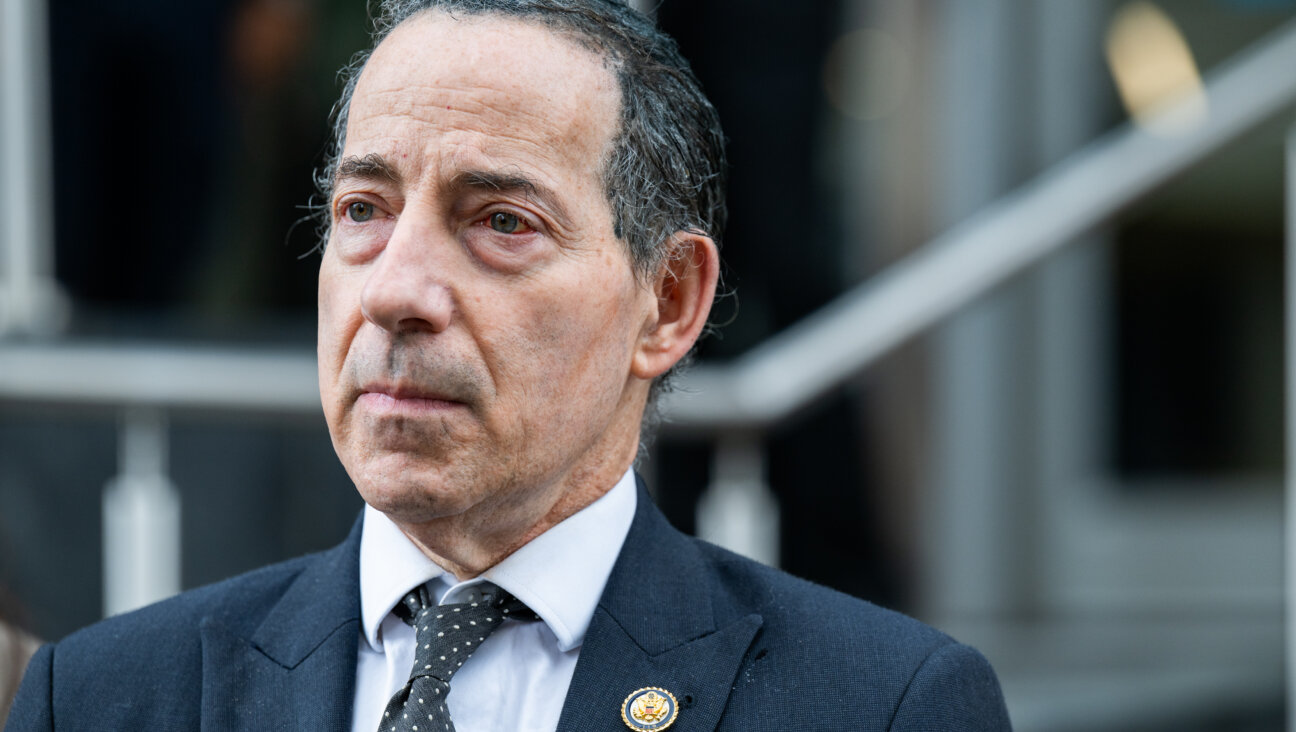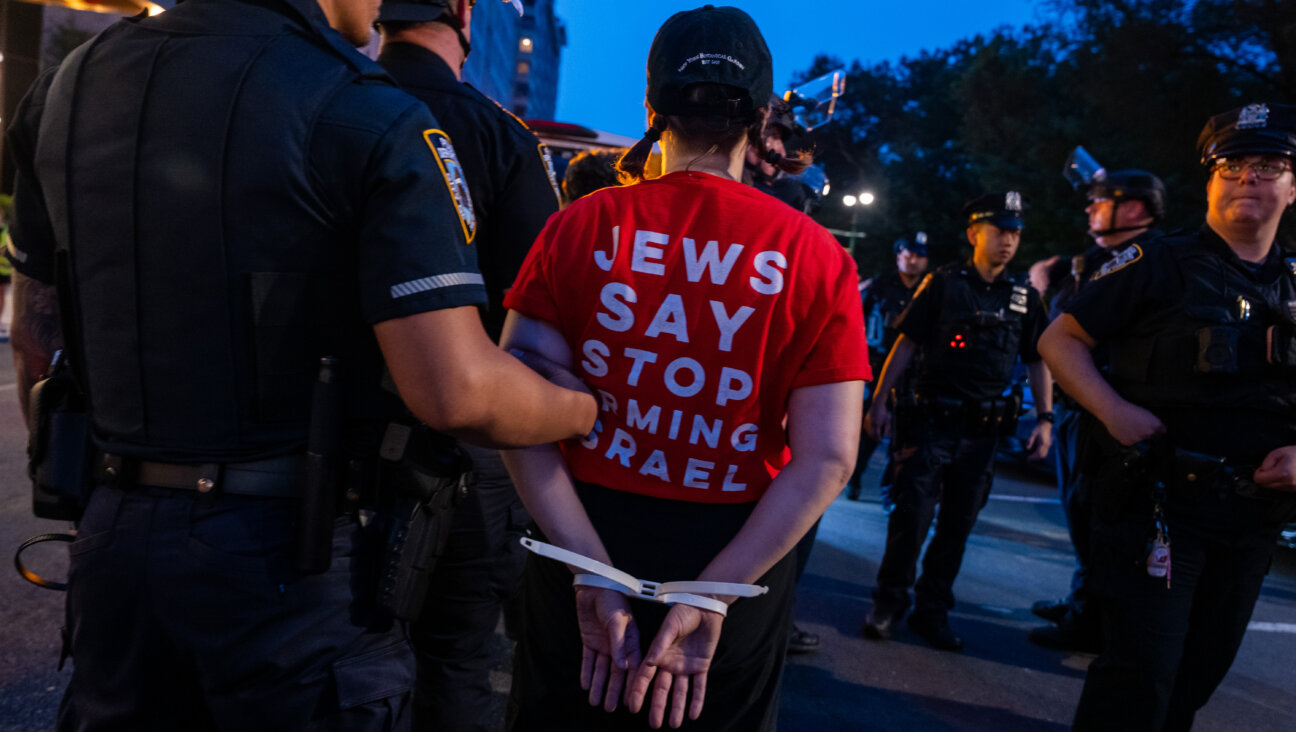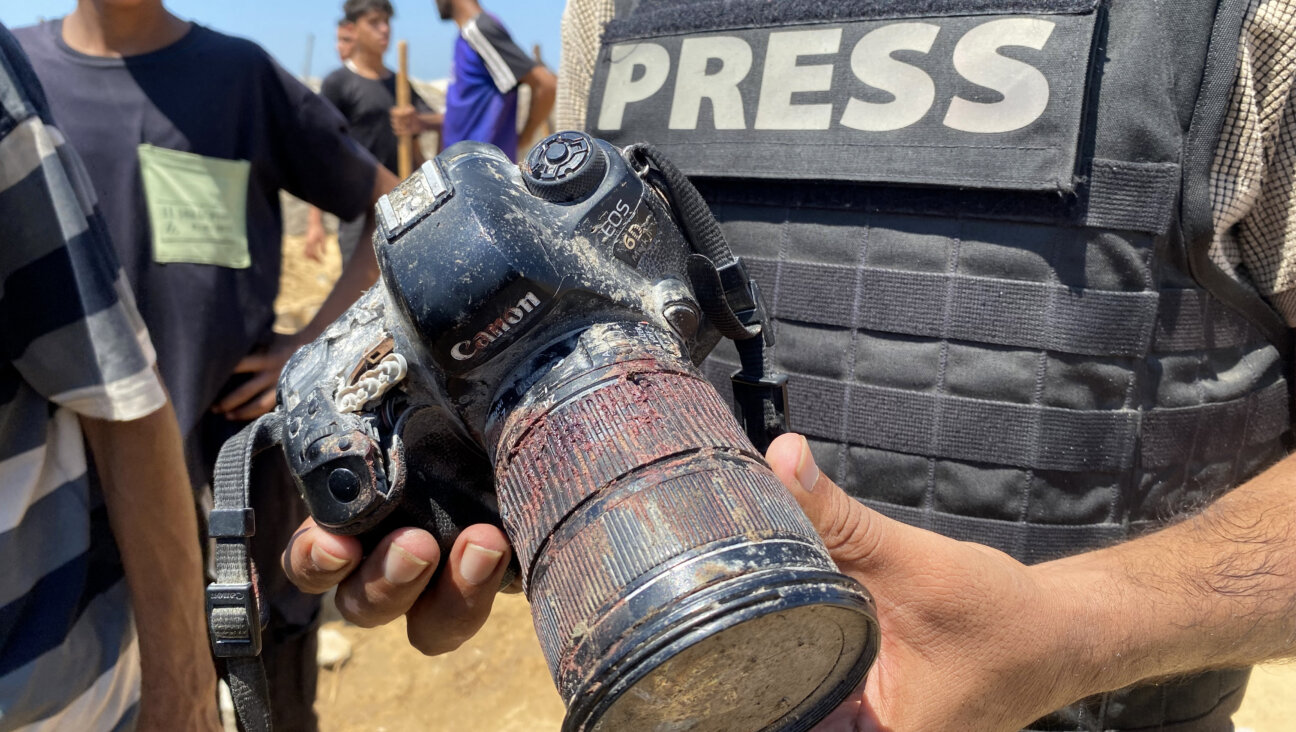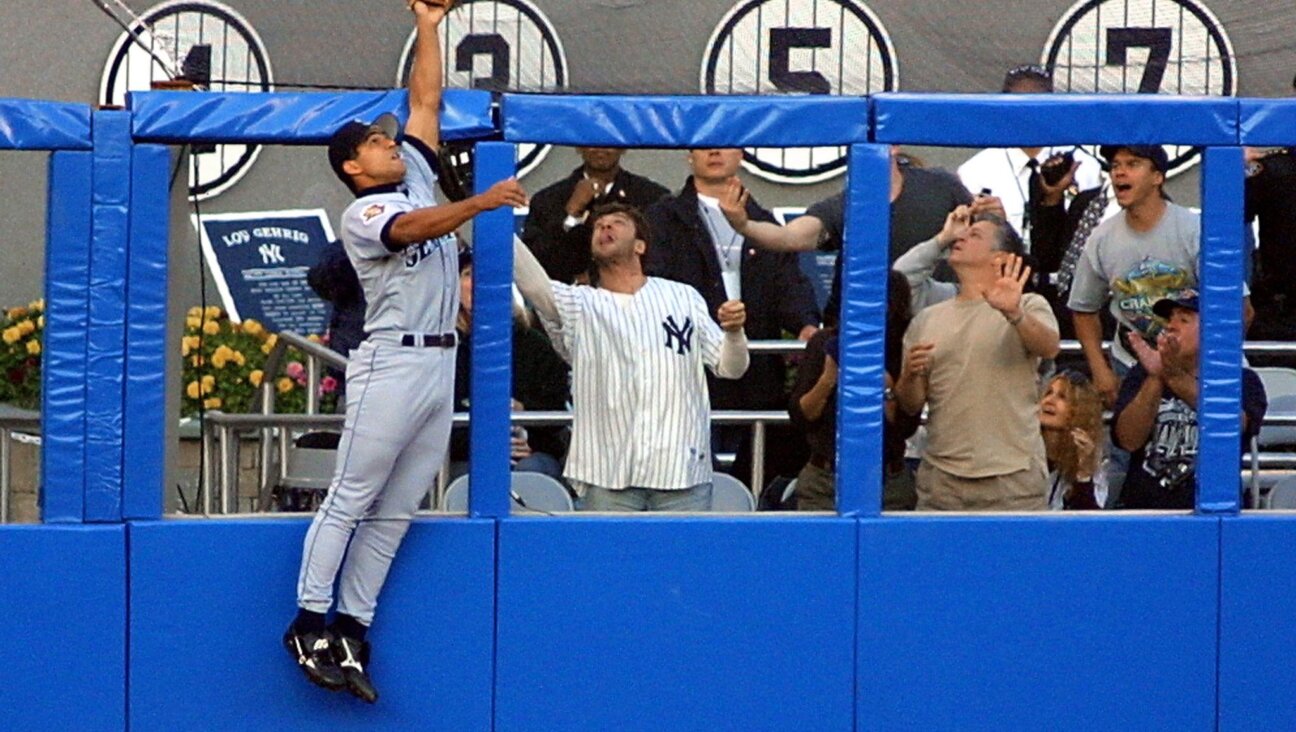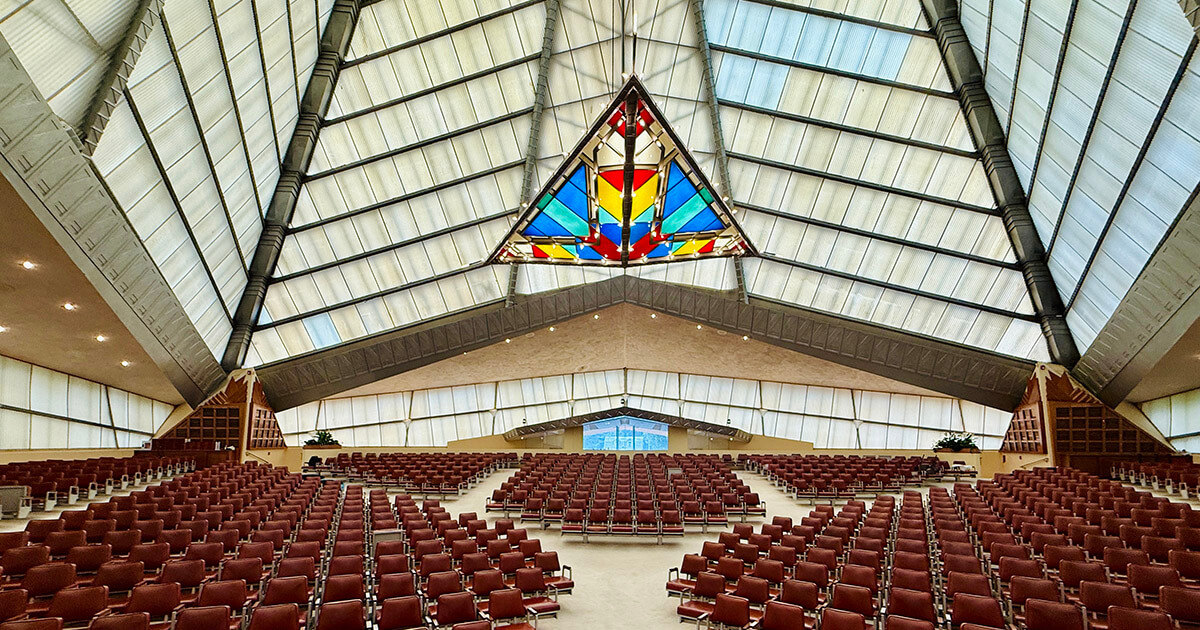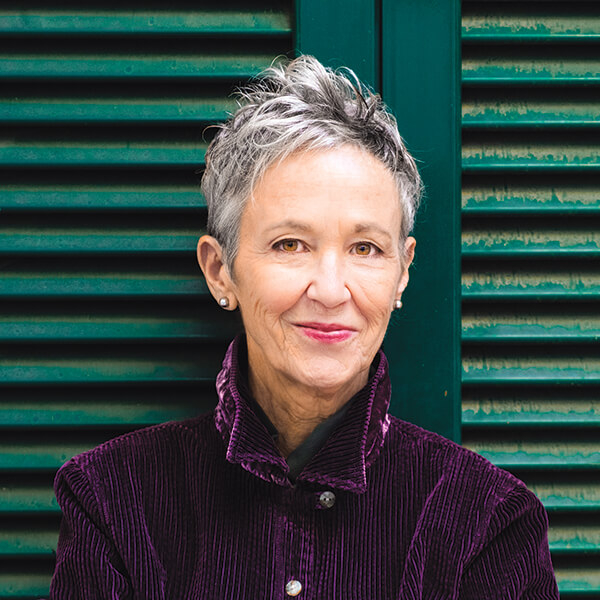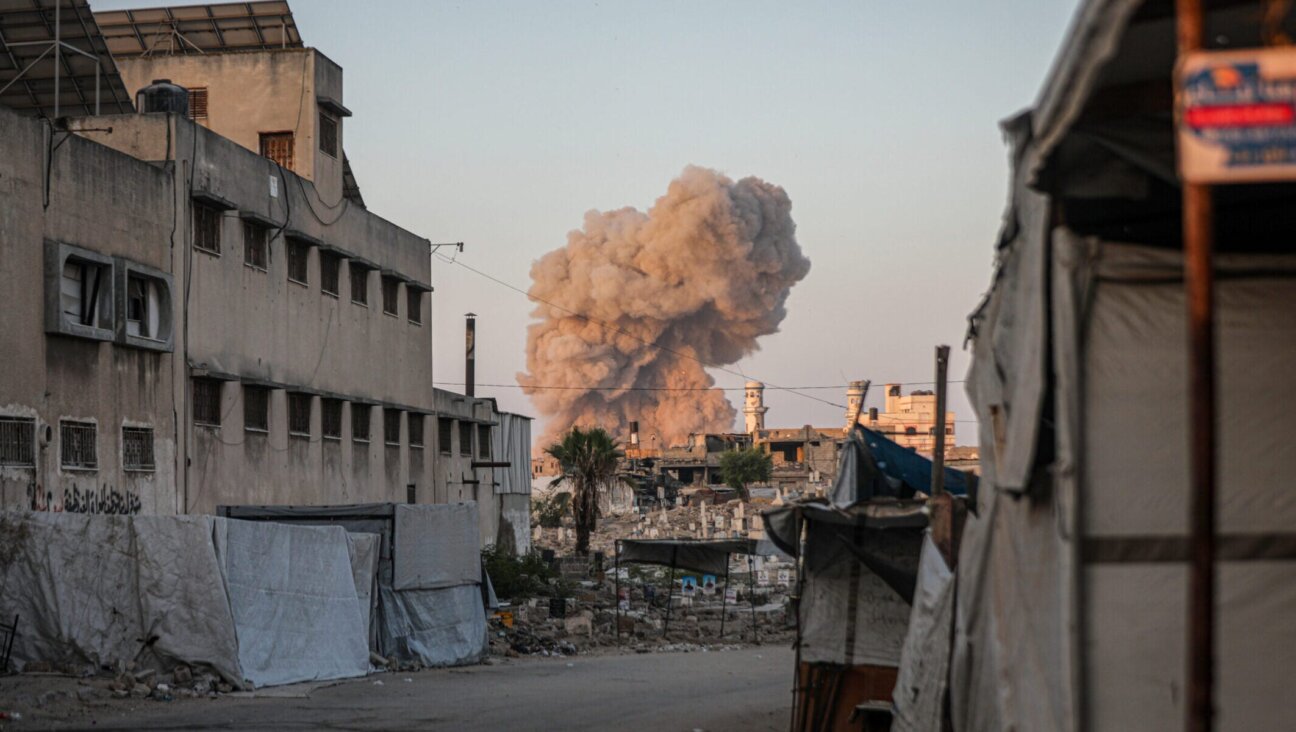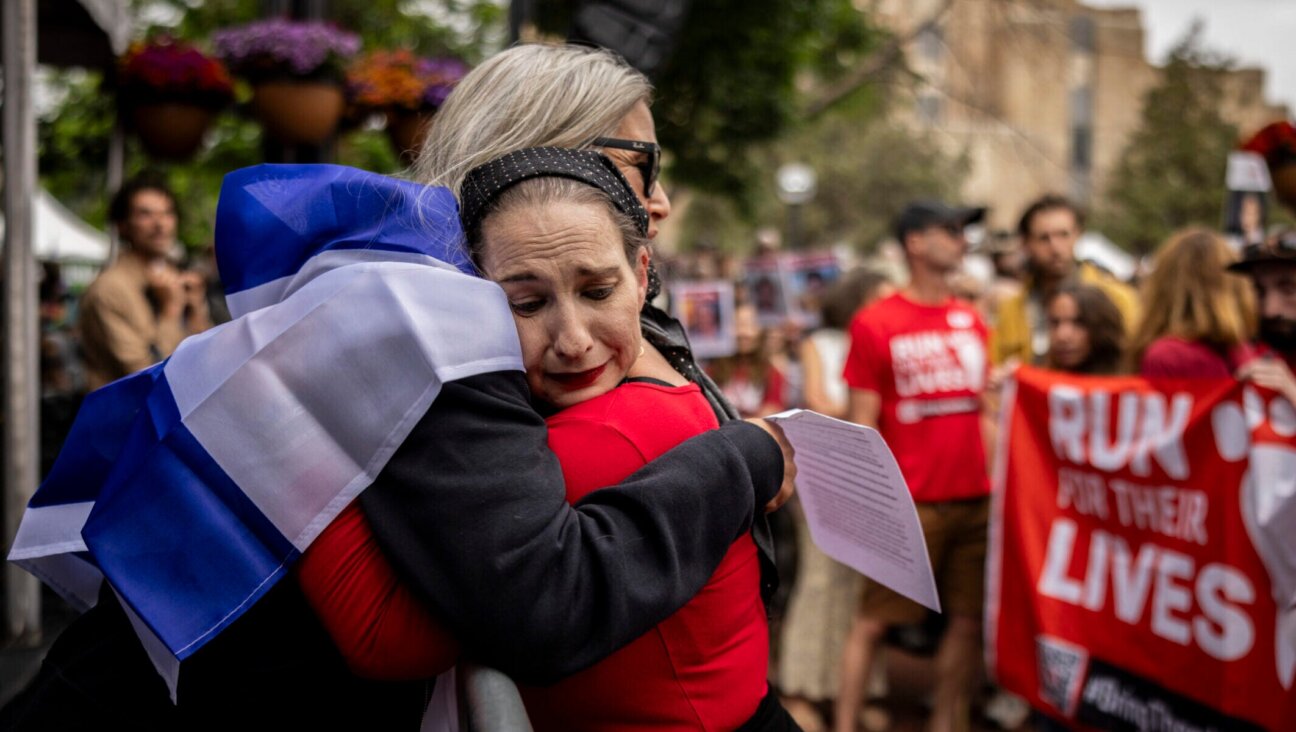5 Reasons You Should Stop Kvetching and Go To Synagogue On Rosh Hashanah

Graphic by Angelie Zaslavsky
Jay Michaelson published an opinion piece in these pages last week, titled “Why You Shouldn’t Go To Synagogue on Rosh Hashanah This Year.” It was kvetching — the good old-fashioned kind, with the good old-fashioned upshot of accomplishing nothing other than making a bunch of people (many of them congregational rabbis) really, really angry.
When I was 12 years old, I would have agreed with everything Michaelson said in that piece. I hated the High Holidays growing up. It meant wearing uncomfortable clothes, listening to a professional choir that sounded like it could be backing up “Star Wars” and watching my father, the rabbi of my home congregation, run around frantically in the month-long lead-up, agonizing about sermons, attendance and cues.
But now, I want to offer you five reasons that you shouldn’t bail on the High Holidays this year (or any other).
1) It’s Great If You Do Prep Work
Are you the kind of person who started watching “The Sopranos” or “Breaking Bad” two seasons in? Are you, as a result, the kind of person who spent the next six episodes bored and irritated, asking your significant other: “What’s happening? Who is that? Why are they making drugs in the kitchen?”
That’s what it’s like when you come to synagogue on the holiest days of the year without knowing what you’re watching. Want to make your holidays meaningful? Do yourself a favor: Work to understand them. Go out and buy a copy of Rabbi Alan Lew’s “This Is Real and You Are Completely Unprepared,” which will take you through the entire season of repentance and renewal, week by week. Lew walks you through the theology in an accessible, meaningful way, and explains why we come together once a year to ask forgiveness, why the Jewish calendar is cyclical and why we all need a little cheshbon hanefesh, or accounting of our souls, once a year. Once you understand what you’re doing, you may find that you enjoy it a whole lot more.
2) The Right Rabbi Makes All the Difference
Sometimes the rabbi is the problem. If your rabbi’s sermons are boring, poorly executed or not challenging on a spiritual or ethical level, find another rabbi and another community, especially if you live in a big American city. You’d be amazed how many amazing rabbis are out there, breaking the mold, making services more interactive, and challenging congregants emotionally and intellectually.
Check out the Pico Union Project or IKAR in Los Angeles; Temple Emanu-El in San Diego; Central Synagogue or Congregation Beth Elohim in Manhattan and Brooklyn; Mishkan Chicago in Chicago; Sixth and I in Washington, D.C., or Adventure Rabbi (full disclosure: I work for the organization) here in Boulder, Colorado, where we spend Rosh Hashanah hiking, biking, praying, singing and letting the wilderness connect us to our Judaism.
Or, go back to your home congregation in the city where you grew up; I bet you’ll discover that things there have changed — even the prayer books. Just last year, the Reform movement came out with a new High Holiday machzor filled with contemporary poetry and meditations. It’s beautiful and relevant.
3) Not Everything Has To Be Fun
Some holidays are fun. Some holidays aren’t. This isn’t just a Jewish thing, by the way. Religion’s sole purpose isn’t to make you feel good; it’s to make meaning. And real meaning-making requires accountability, soul-searching, a dash of repentance (or more, for the Bernie Madoffs out there) and the space and time to look inward. This isn’t always fun, but it is rewarding and transformative, like a hard workout, a painful therapy session or a deep housecleaning. Prayer is also different from those things because, as Jews, we can’t do it alone: We do it in community to remind ourselves that we live in community (even when we feel like we don’t), and that we’re accountable to it and to each other. We come together on the High Holidays to remind each other that we’re all flawed, all culpable and all, ultimately, capable of great things and tremendous change, both societally and individually. We do it with people we love, with people we don’t even like and with total strangers, because that’s what it means to live in the world.
4) There’s Nothing Wrong With a Little Guilt
The guilt? The repentance? The judgment? Yes, that’s part of our theology. And yes, it can be a bummer. But Jewish theology isn’t just judgment and fire and brimstone. Jewish theology is complex, beautiful and multifaceted. As Jews, we believe that on the High Holidays our lives sit on a kind of scale, and that even as God judges us, so, too, does God have compassion and mercy for us. Or, if God language is hard for you, frame it in terms of yourself: Just as we judge ourselves in this season, we’re also asked to have compassion and mercy for ourselves. That’s an important lesson and a delicate balance, no matter what you believe, theologically speaking.
5) Yes, It’s the Birthday of the World
Finally, the language that Michaelson finds fault with: Rosh Hashanah is called the “birthday of the world.” Why? Because it’s a reminder that once a year we are given the chance to truly start over with a clean slate, as though the world were brand new. We do this on nonreligious birthdays, too. We take stock of our lives and the state of the world. It’s powerful imagery; the rabbis knew it, and that’s why we use it. Same with the Book of Life. Do most rabbis believe there’s a literal book in the sky with our names written in it? Probably not, but what we do know is that images and symbols like these hold tremendous power. They hold so much power that they can transform — and perhaps even heal — minds and hearts. In our imperfect and fractured world, we can use all the transformation and healing we can get.
Rabbi Jordie Gerson works as a full-time rabbi for Adventure Rabbi, in Boulder, Colorado. She is an accomplished writer and speaker with a blog at The Huffington Post. To read more of her articles, sermons and talks, find her on Facebook.

